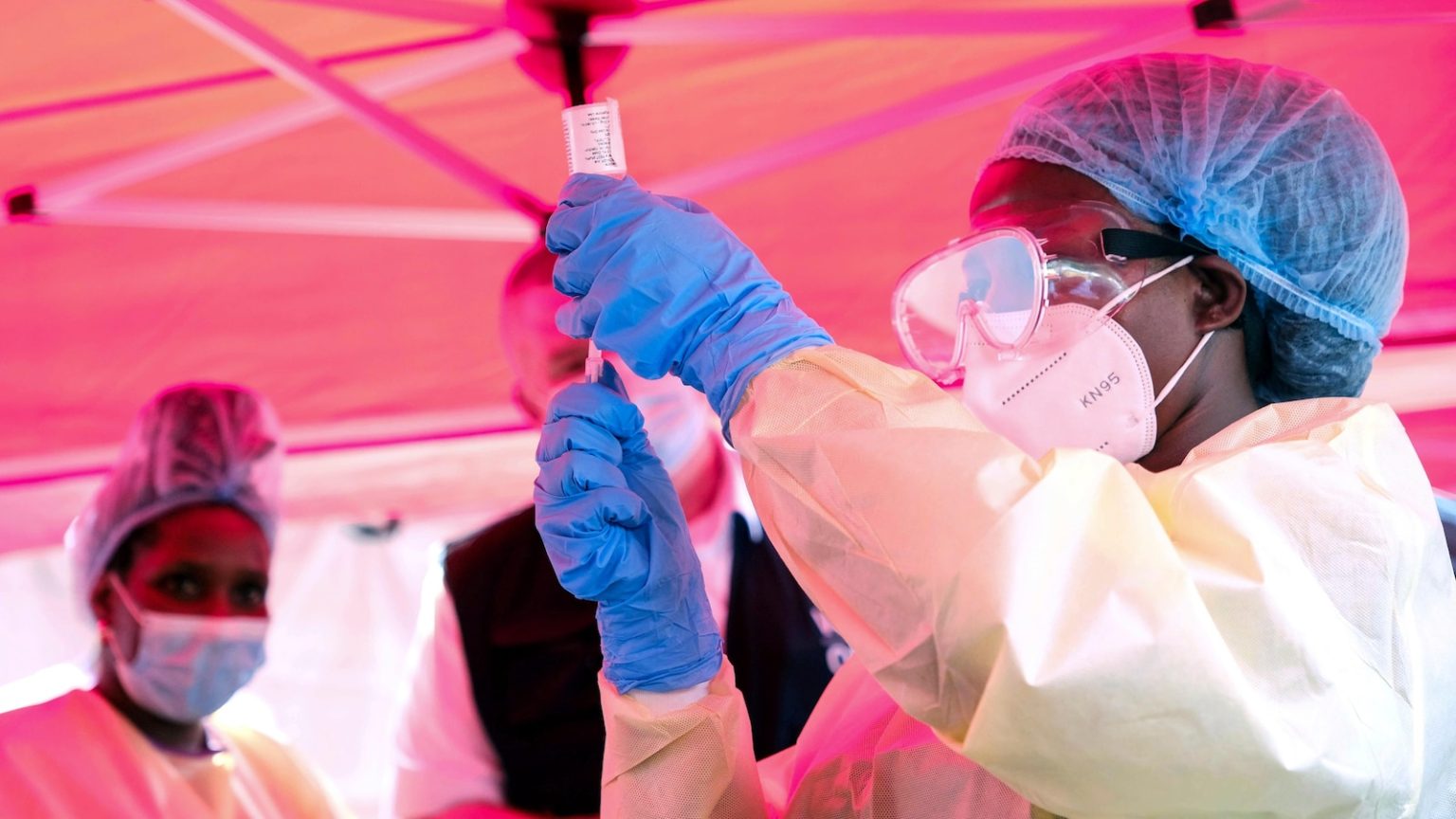Ebola Outbreak in Uganda: Rising Cases and Efforts to Contain the Spread
Introduction: Ebola Cases on the Rise in Uganda
Uganda is facing a growing health crisis as the number of confirmed Ebola cases has risen to nine, with an additional 265 people under quarantine, according to health authorities. The outbreak, which was officially declared on January 30, has already claimed the life of one person, a male nurse who succumbed to the virus a day before the outbreak was announced. This incident has raised concerns about the potential spread of the disease, particularly in Kampala, the bustling capital city, which is home to a highly mobile population of approximately four million people. While the situation is currently described as "under control" by health officials, the outbreak has underscored the need for heightened vigilance and swift action to prevent further transmission.
The Victims and the Spread of the Outbreak
Among the nine confirmed cases, eight patients are currently receiving medical care and are reported to be in stable condition. Seven of these patients are being treated at the main public hospital in Kampala, while one is undergoing treatment in the eastern district of Mbale. The deceased nurse, who was the first victim of this outbreak, had initially sought treatment in Kampala before traveling to Mbale, where he was admitted to a public hospital. Health authorities have also revealed that the nurse sought the services of a traditional healer, a practice that has raised concerns about potential delays in seeking medical care and the risk of further spreading the virus. Additionally, some of the nurse’s relatives are among those currently being treated for Ebola, highlighting the importance of contact tracing in identifying and isolating individuals who may have been exposed to the virus.
Understanding the Source and Spread of the Outbreak
Despite efforts to contain the outbreak, health officials are still investigating the exact source of the infection. The deceased nurse’s movements between Kampala and Mbale have made tracing contacts a critical priority. Ebola, a viral hemorrhagic fever, is highly contagious and spreads through direct contact with the bodily fluids of an infected person or through contaminated materials. The disease is known for its rapid spread in areas with high population density and mobility, making Kampala a particularly challenging environment for containment efforts. The ongoing investigation into the nurse’s activities and interactions before his death is essential to identifying potential sources of the outbreak and preventing further spread.
Medical Response and the Role of Vaccines
While there are no approved vaccines for the Sudan strain of Ebola currently affecting Uganda, health authorities have launched a clinical study to test the safety and efficacy of a trial vaccine. This move is part of a broader strategy to curb the spread of the disease and protect vulnerable populations. The last Ebola outbreak in Uganda, which occurred in September 2022, resulted in the deaths of at least 55 people over four months, underscoring the importance of timely and effective intervention. The absence of a proven vaccine for the Sudan strain adds an extra layer of complexity to the response efforts, emphasizing the need for rigorous contact tracing, quarantine measures, and public education campaigns.
The Science Behind Ebola: How It Spreads and Its History
Ebola is a zoonotic virus, meaning it can be transmitted from animals to humans. Scientists believe that the first person infected in an outbreak typically acquires the virus through contact with an infected animal or by consuming raw or undercooked meat from such an animal. Once the virus jumps to humans, it spreads rapidly in communities, especially in areas with inadequate healthcare infrastructure. Ebola was first discovered in 1976 during simultaneous outbreaks in what are now South Sudan and the Democratic Republic of Congo. The disease is named after the Ebola River in Congo, near where one of the initial outbreaks occurred. Since its discovery, Ebola has caused periodic outbreaks across Africa, leading to significant loss of life and disruption to communities.
Conclusion: Vigilance and Collaboration Are Key
As Uganda navigates this latest Ebola outbreak, the focus remains on containment and prevention. Health authorities are working tirelessly to trace contacts, monitor quarantined individuals, and provide care to those infected. The collaboration between local health officials, international organizations, and the public is crucial in stemming the spread of the virus. While the absence of a proven vaccine for the Sudan strain presents challenges, the lessons learned from previous outbreaks have equipped responders with valuable tools and strategies to combat the disease. By maintaining vigilance, adhering to public health guidelines, and supporting those affected, Uganda can work towards bringing this outbreak under control and preventing future occurrences.















